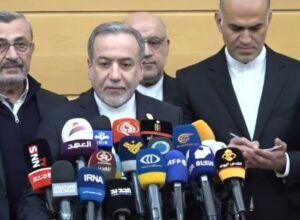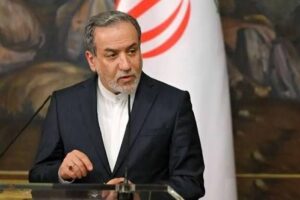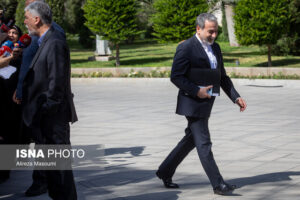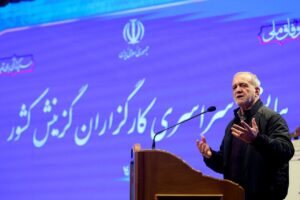Following numerous reports about U.S. consultations with the UK, France, and Germany regarding the activation of the snapback mechanism against Iran, some American media outlets now describe this move as an effort by President Donald Trump to “force Iran to the negotiating table.” In this regard, The New York Times reported: “In the absence of a new agreement with Iran, the European troika is seeking to activate the snapback mechanism against Iran, aiming to trigger it by late August.”
The New York Times further explained the snapback process: “The late August deadline initiates a 30-day negotiation period before sanctions are reinstated, providing Europeans with leverage over Iran. Unless the UN Security Council passes a resolution to continue the suspension of sanctions, all UN sanctions will automatically resume, and no veto can prevent this. The sanctions trigger under Chapter VII of the UN Charter makes their reinstatement mandatory.”
The outlet added: “Time is short, as European officials aim to complete this process before Russia, an ally of Iran, assumes the presidency of the Security Council in October. The potential reinstatement of sanctions in mid-October coincides with the expiration of UN Security Council Resolution 2231, which endorsed the nuclear deal and includes the snapback mechanism.”
According to The New York Times, the foreign ministers of the three European countries have shared their plans with U.S. Secretary of State Marco Rubio. The U.S. State Department, confirming the consultations, issued a statement claiming the discussions focused on “ensuring Iran does not develop or acquire nuclear weapons.”
The New York Times noted: “The Trump administration currently views the threat of sanctions reinstatement as a useful lever to bring Iranian officials back to negotiations. However, Europeans can proceed with this process even without U.S. approval, as Washington cannot block the reimposition of sanctions even if it wanted to.”
The outlet also detailed the sanctions that would be reinstated through snapback: “These include sanctions on the sale of conventional weapons to Iran, restrictions on ballistic missile testing, asset freezes on key individuals involved in Iran’s nuclear and missile programs, financial and banking restrictions, and bans on uranium enrichment or reprocessing, including for research and development.”
The New York Times further reported that Iran has stated it sees no legal basis for reimposing sanctions and has warned that if snapback sanctions are triggered, it will withdraw from the Nuclear Non-Proliferation Treaty (NPT). The outlet added: “Iran’s withdrawal from the NPT would require a three-month process, which could be used for negotiations.”
Iran’s Foreign Minister, Seyed Abbas Araghchi, recently stated that if Tehran receives “firm guarantees” against further attacks, negotiations with Washington could resume.







